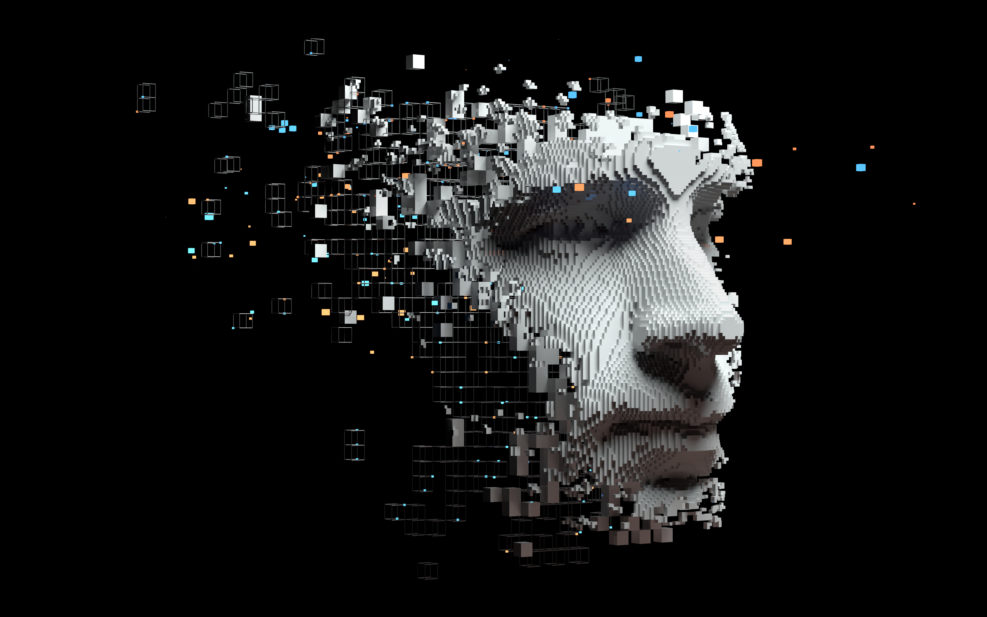
If Consciousness Is Not Physical, How Can an AI Duplicate It?
Robert Lawrence Kuhn interviewed Berkeley philosopher Hubert Dreyfus on the question before his death in 2017At Closer to Truth, Robert Lawrence Kuhn interviewed the late philosopher Hubert Dreyfus (1929–2017) a couple of years back on the question “Is consciousness entirely physical.” The interview was released May 18, 2022 (10:03 min). Here’s the big question about consciousness, our inner experience of what things feel like. Is consciousness a product of the physical world alone? Because if consciousness is the output of the physical brain by itself, however complex, then consciousness as physicalism would defeat those who believe, or hope for, the existence of nonphysical realities. Some philosophers (physicalists) do maintain that consciousness is entirely physical or, more commonly, they dance around the point. For example, philosopher David Papineau said in 2020, “If only we could stop Read More ›









